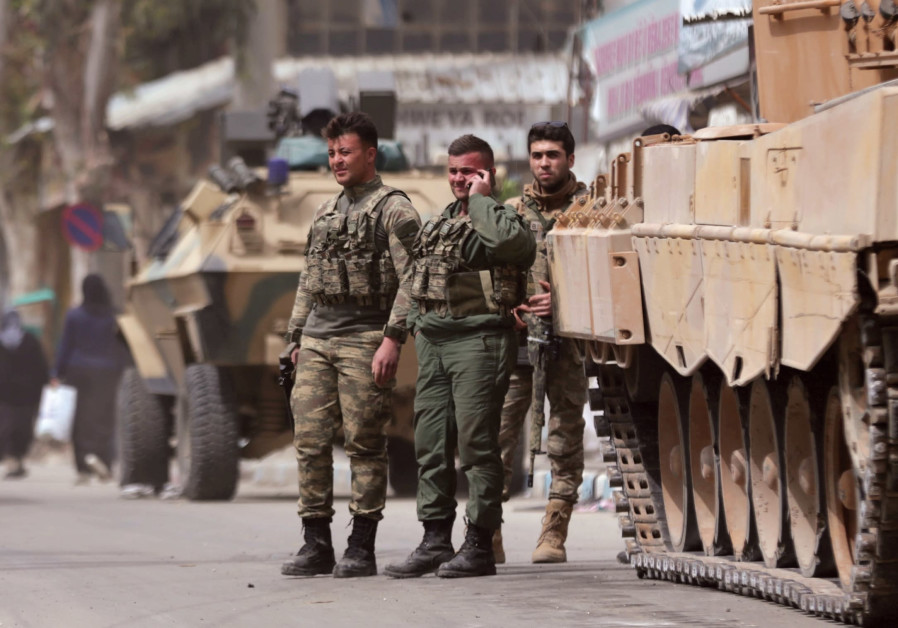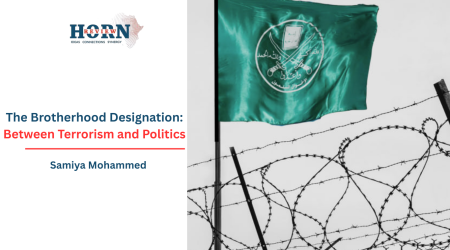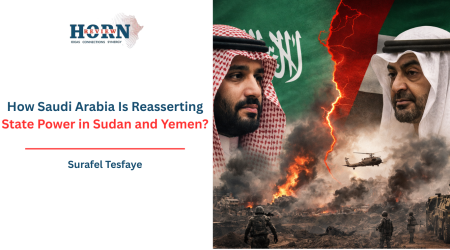
2
Apr
Turkey Expands Military Influence: Deployment of Sadat Forces in Somalia
In a strategic maneuver reinforcing Turkey’s ascendant role in African security affairs, Ankara is poised to deploy a contingent of Sadat private military personnel to Somalia in the coming weeks. This development follows an official request from Somali President Hassan Sheikh Mohamud, who seeks to fortify Mogadishu and the Shabelle Valley against the persistent insurgency of Al-Shabaab. The deployment marks a significant evolution in Turkey’s defense and foreign policy engagements on the African continent.
Sadat: Turkey’s Shadow Army?
Sadat, a private Turkish defense contractor, has increasingly drawn comparisons to Russia’s Wagner Group, owing to its clandestine operations and role in advancing Ankara’s strategic imperatives. Frequently described as “Turkey’s Wagner,” Sadat specializes in military training, advisory services, and direct combat engagements in theaters where Turkish geopolitical interests are at stake. Its impending involvement in Somalia further cements Turkey’s status as a formidable external actor in African security dynamics.
Sources indicate that Mogadishu has requested as many as 3,000 Sadat operatives to spearhead counterinsurgency efforts against Al-Shabaab, a militant group that continues to destabilize the region. The primary mission of these forces will be securing key urban and rural strategic zones, ensuring greater stability in the embattled Shabelle Valley—an area of immense security concern for the Somali administration.
Strategic Implications: A Military Footprint Beyond Counterterrorism
Beyond counterterrorism objectives, Sadat’s deployment is also expected to serve broader strategic interests. Notably, intelligence sources suggest that Turkey is planning a ballistic missile testing facility in Middle Shabelle, north of Mogadishu—a move that underscores the deepening military collaboration between Ankara and Somalia. If confirmed, this facility would represent a remarkable escalation in Turkey’s strategic posture in the region, solidifying its long-term presence in the Horn of Africa.
Turkey’s military entrenchment in Somalia is not a novel development. Over the past decade, Ankara has emerged as one of Mogadishu’s most steadfast allies, delivering extensive military training programs, infrastructural investments, and economic aid. The Turkish military base in Mogadishu remains one of the largest foreign installations in Somalia, reflecting Turkey’s enduring commitment to shaping the nation’s security architecture.
Geopolitical Ramifications and the Shifting Security Landscape
The introduction of a Turkish-backed private military force raises critical questions regarding regional security recalibrations. While Somalia’s government has embraced Ankara’s support, other influential regional and global stakeholders may interpret this development with suspicion. The utilization of private military firms as instruments of foreign policy could introduce new dimensions of competition among external actors vying for influence in the Horn of Africa.
Furthermore, Turkey’s growing security footprint in Somalia could provoke countermeasures from regional power players such as the United Arab Emirates, which has also been actively engaged in Somali security affairs. Likewise, Western nations closely monitoring the Horn of Africa’s security landscape may scrutinize Sadat’s operations, given the opacity surrounding private military enterprises and their alignment with state-driven geopolitical agendas.
As Ankara amplifies its engagement in Somalia’s security framework, the coming months will be pivotal in determining the extent to which Sadat’s presence will redefine the battle against Al-Shabaab. Whether this move will emerge as a stabilizing force or further complicate the matrix of foreign military interventions in Somalia remains a subject of keen geopolitical interest.










